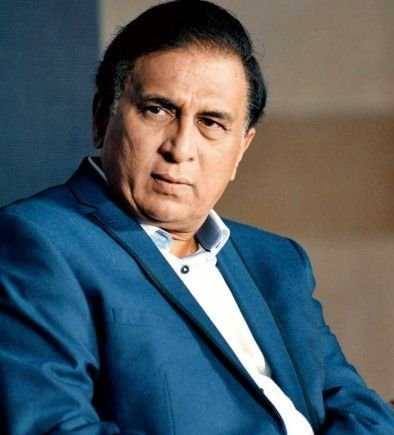Gavaskar Targets PCB’s Asia Cup Antics
Former Indian cricket captain and batting legend Sunil Gavaskar has openly criticized the Pakistan Cricket Board (PCB) over its recent actions during the Asia Cup 2025. The controversy unfolded after the Indian cricket team, led by skipper Suryakumar Yadav, chose not to engage in the customary post-match handshake with Pakistani players following their high-octane Super 4 clash.
The PCB subsequently lodged an official complaint with the International Cricket Council (ICC), claiming that match referee Andy Pycroft failed to uphold the spirit of cricket. The board went a step further, demanding Pycroft’s removal from the tournament. However, the ICC dismissed the request, maintaining that there was no breach of rules.
Gavaskar, in his column for Sportstar, expressed disbelief at the PCB’s stance, stating that handshakes are not a mandatory part of cricket’s laws.
“No Rulebook Mandates Handshakes,” Says Gavaskar
Gavaskar clarified that while handshakes may be viewed as a gesture of sportsmanship, they are not compulsory. He cited examples from other sports where athletes have often refrained from shaking hands after contentious encounters.
“The PCB complaining about it was hard to understand, as there is nothing in the rule books that says handshakes are mandatory. The ICC quite rightly ignored the protest, if indeed there was one made as per media reports,” Gavaskar wrote.
His remarks highlighted the practical reality of international sports, where emotions can run high and gestures are often situational rather than rule-bound.
Skipping Media Duties Draws Flak
Gavaskar also turned his attention to the PCB’s decision to skip the mandatory pre-match press conference before their must-win encounter against the United Arab Emirates (UAE). According to ICC regulations, a team representative—whether a captain, coach, or support staff member—is required to attend the media briefing on the eve of a match.
“What needs to be looked at is the avoiding of the mandatory media meet on the eve of the match by the Pakistani contingent. They did not have to send the captain, players or the coach. Anyone among the large support staff could have met the media. That did not happen, and it will be interesting to see if any action is taken,” Gavaskar pointed out.
By neglecting this obligation, Pakistan raised further eyebrows at a time when their relationship with the ICC was already under scrutiny.
Match Delay Leaves Sour Taste
Perhaps the most serious charge Gavaskar leveled at the PCB was over the one-hour delay in their clash against the UAE. The Pakistan team reportedly arrived late at the venue, insisting on a resolution regarding their complaint before taking the field.
“The other thing that left a sour taste in the mouth is holding up the game and starting it one hour late. If the PCB had any issues with the match referee, then it had two full days after their loss to India to raise them. By not even turning up until almost toss time, they held the game to ransom,” Gavaskar wrote.
He further criticized the PCB’s interpretation of a “regrettable miscommunication” from the ICC as an apology, despite the global body explicitly denying that any apology was issued.
Spirit of the Game Versus Playing Politics
For Gavaskar, the bigger concern lies in the PCB’s tendency to politicize situations rather than focusing on the cricket itself. He emphasized that no team has the right to disrupt schedules and inconvenience players, fans, and broadcasters alike.
“Cricket is about playing the game, not holding it hostage to off-field issues. There is simply no excuse for delaying the start of the game for an hour,” he concluded.
The Larger Picture
Gavaskar’s comments underline growing tensions between the PCB and the ICC during the Asia Cup. While the tournament has delivered high-quality cricket, controversies like these risk overshadowing the competition. For India, the focus remains firmly on the field, but for Pakistan, the spotlight has shifted to administrative disputes and missed opportunities.
As the Asia Cup 2025 progresses, all eyes will remain on whether disciplinary action is taken against Pakistan for breaching media obligations and causing match delays. For now, Sunil Gavaskar’s sharp words have reignited the debate over where the spirit of the game ends and gamesmanship begins.







